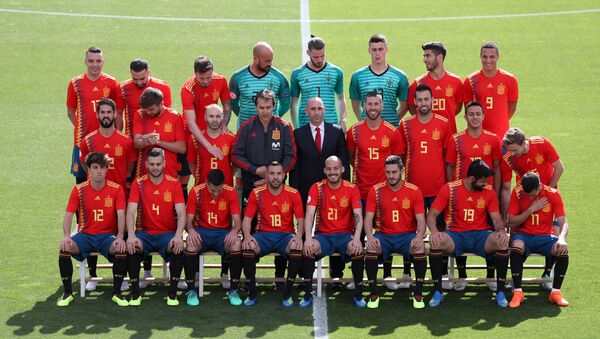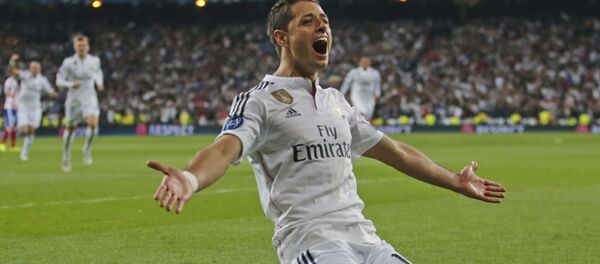On Monday, 26-year-old Scottish rider Adam Lyon became the second rider to be killed in this year’s TT, following on from the death of Dan Kneen last Wednesday. Another rider, Steve Mercer, remains hospitalised after being badly injured in a collision with a car. Not that 2018 has, up to now, been a particularly bad year for fatal accidents. In 1970 six competitors were killed. In 1978 three died in one day. 23 riders died in the event in the 1970s, 20 in the 1980s. Four riders lost their lives in 2016, three more last year.
Which begs the question: how does the event endure in an era of ‘health and safety?‘ The answer is because people love it. Riding high-powered motor cycles at very fast speeds along the narrow twisting lanes of the Isle of Man is, for motor cyclists, the ultimate test. Adam Lyon, who died on Monday, said that it had been his ‘dream’ to ride in the event. If the Isle of Man TT was made less of a challenge (and its hard to think how that could be done), it would lose its appeal. Not just for riders- but for spectators too. Over 40,000 attend each year, from all over the world. The camaraderie is tremendous.
Danger has been taken out of other sports- think how safe Formula One has become in recent years- but not out of the TT. Riders have even been killed on the Lap of Honour.
The official website of the event declares: 'There is nothing on Earth quite like the Isle of Man TT Races……The skill, bravery and concentration levels required are immense, with speeds approaching 200mph, and, while difficult to learn and even harder to come first, the rewards for winning on the world famous course are like no other. No other motor-sport event can boast more than 100 years of such illustrious history, rich in tradition and legends, and to have your name inscribed on a TT trophy is to sit with the gods.'
The problem is that to 'sit with the gods', you have to be prepared to risk your life.
Countdown to Russia: Spain
There’s just over a week to go before the start of the first ever World Cup to be held in Russia. Spain, the winners in 2010, face reigning European Champions Portugal in a mouth-watering clash in Sochi on Friday 15th June.
How will La Roja fare?
La Roja have got an excellent mix of experience (the likes of Ramos, Iniesta, Pique) and younger players (Isco, Asensio, Ordriozola), and have what many consider to be the world’s best goalkeeper in David de Gea (notwithstanding his mistake in the draw with Switzerland at the weekend). Spain hardly broke into a sweat when qualifying, dropping their only points in a 1-1 draw in Italy, and only conceded three goals. They’re unbeaten in 19 matches under coach Julen Lopetegui.
READ MORE: Brazil Striker Neymar Happy to Be Back on Pitch, 80% Ready for FIFA World Cup
Of all the groups, Group B could be one where goals are scarcest (Iran and Morocco also have excellent defensive records), but presuming Spain do emerge from it, they would then face either the winner or runner-up of Group A —and you would have to fancy their chances against any of Russia, Saudi Arabia, Egypt or Uruguay- with the latter likely to pose the strongest test. If they do get to the knock-out stages then having David De Gea on your side in the case of a penalty shoot-out can only be a positive. Will Spain reign in Russia? At 13-2 they certainly make plenty of each-way appeal.
The sensational Seventies won't be replicated
There was thrilling finish to the Epsom Derby on Saturday as 16-1 shot Masar, ridden by William Buick, beat 20-1 shot Dee Ex Bee, with Roaring Lion not far away in third. The win was the first success in the race- after many years of trying- for Sheikh Mohammed’s Godolphin operation.
The race was also a reminder (& a very costly one for some), of the dangers of getting carried away with the hype regarding horses in top races who still have plenty to prove.
I doubt that I’ll see another horse win the English Triple Crown in my lifetime. I doubt too that we’ll ever see a horse win the Grand National three times as Red Rum did between 1973-77. I’d also be very surprised if QPR ever again came within fifteen minutes from winning the League title, as they did in 1976, or if Carlisle United topped the English football pyramid as they did in August 1974. The Seventies, looking back, was a remarkable decade for sport. Quite how remarkable we probably didn’t realise at the time.
The views and opinions expressed in this article are solely those of the author and do not necessarily reflect those of Sputnik.
Follow Neil Clark @NeilClark66
Support his AntiStalker Crowd Fund (against a Times journalist)




